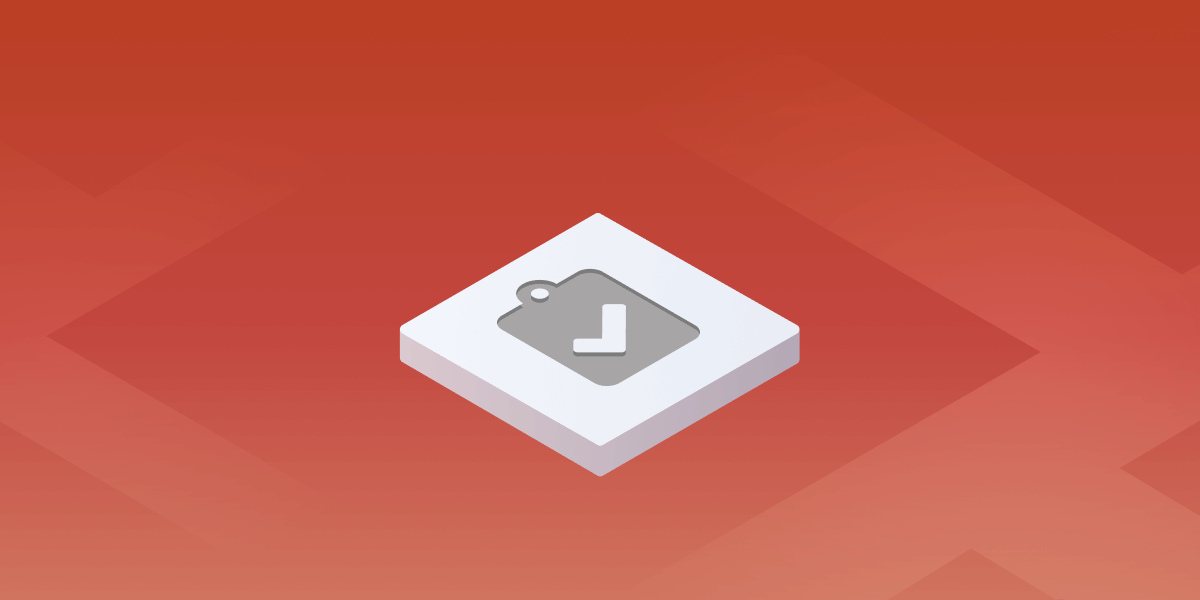“It’s 254. Class C represents 2^29 of all available addresses, meaning it’s 12.5% of all the IP4Vs.”
If you don’t know what these terms mean, you are not alone–they relate to Class C hosting. First, it’s good to know if better hosting improves search engine optimization (SEO) performance as well as the benefits of shared hosting versus managed hosting, in case you come across Class C hosting.
We’ll cover what this means and why you should avoid it while looking for SEO hosting packages.
What Is an IP Address?
Any device on a network is identified by its unique four-block IP address. For example, if you type “192.168.1.1” in your browser, it will bring you to the router setup page. Typically, “192.168.1.2” is for the computer used to connect to the router, “192.168.1.3” is for a tablet, “192.168.1.4” is for a printer, and so on. No two devices in a network can have the same IP address.
The older IPv4 and the more recent IPv6 are the two types of IP addresses used on public networks. For the purposes of this discussion, we’ll be limiting ourselves to IPv4. IPv4 consists of four blocks, each with a maximum of three digits, in the form “xxx.xxx.xxx.xxx.”
Except for a few reserved for specific uses, each of the blocks can contain a number ranging from 0 to 255—which results in 4.3 billion possible combinations. IPv6 has eight blocks of four digits, and letters can be used as well—which allows for several trillion options. This IP address system is usually used in smartphone networks.
What Is Class C?
An IP address can be divided into five classes: A, B, C, D, E. The third set of numbers and letters in an address such as “xxx.xxx.xxx.xxx” is called the C block. You wouldn’t be able to get an IPv4 Class A address even if you wanted to–Class A addresses, which are allocated for the largest international corporations, range from “0.0.0.1” to “126.255.255.255.” Google’s Domain Name Server, for example, is the famous “8.8.8.8” number combination.
Internet service providers and institutions, such as universities and hospitals, are given the Class B range, which runs from “128.0.0.0” to “191.255.255.255.” Small and medium-sized businesses are allotted the range “192.0.0.0” to “223.255.255.255” under Class C. In the IP address “197.159.252.125,” the C block is the third group of digits (252).
How Class C Affects Your SEO
One of the most effective techniques to rank highly in search engine results pages (SERPs) is to have a lot of backlinks from domains with high-domain authority. Google analyzes your website and the backlinks that point to it. A human might be unable to pick up these links, but the crawler easily can.
However, those who operate link farms give out IP addresses for websites that are close to one another, such as “216.245.167.32” and “216.245.167.31.” These websites are hosted on the same server and have similar IPv4 addresses. Google can immediately recognize that the backlinks to separate sites are from the same server because they both have the same C block. This relationship can harm your website’s reputation in Google’s view if other websites it hosts are involved in certain businesses.
Bad Company
When searching for an SEO hosting package, sometimes you get what you pay for. Let’s say you found one that is half the usual cost–you think you got a great deal, but your website’s rankings crash despite your best efforts. This is probably because you mistakenly chose a less-expensive hosting site that also promotes inappropriate content, lending scams, and online gambling.
Your site will be punished for being associated with an unreputable hosting service when Google’s algorithm notices that most of the content coming from that server’s C block is dubious.
Summary
The trick to avoiding this potential problem is to go to a trustworthy hosting site that will give you a link that is not associated with spam- or scam-filled sites. Don’t be fooled by cheap options and risk getting grouped with sites you don’t want to be associated with.
